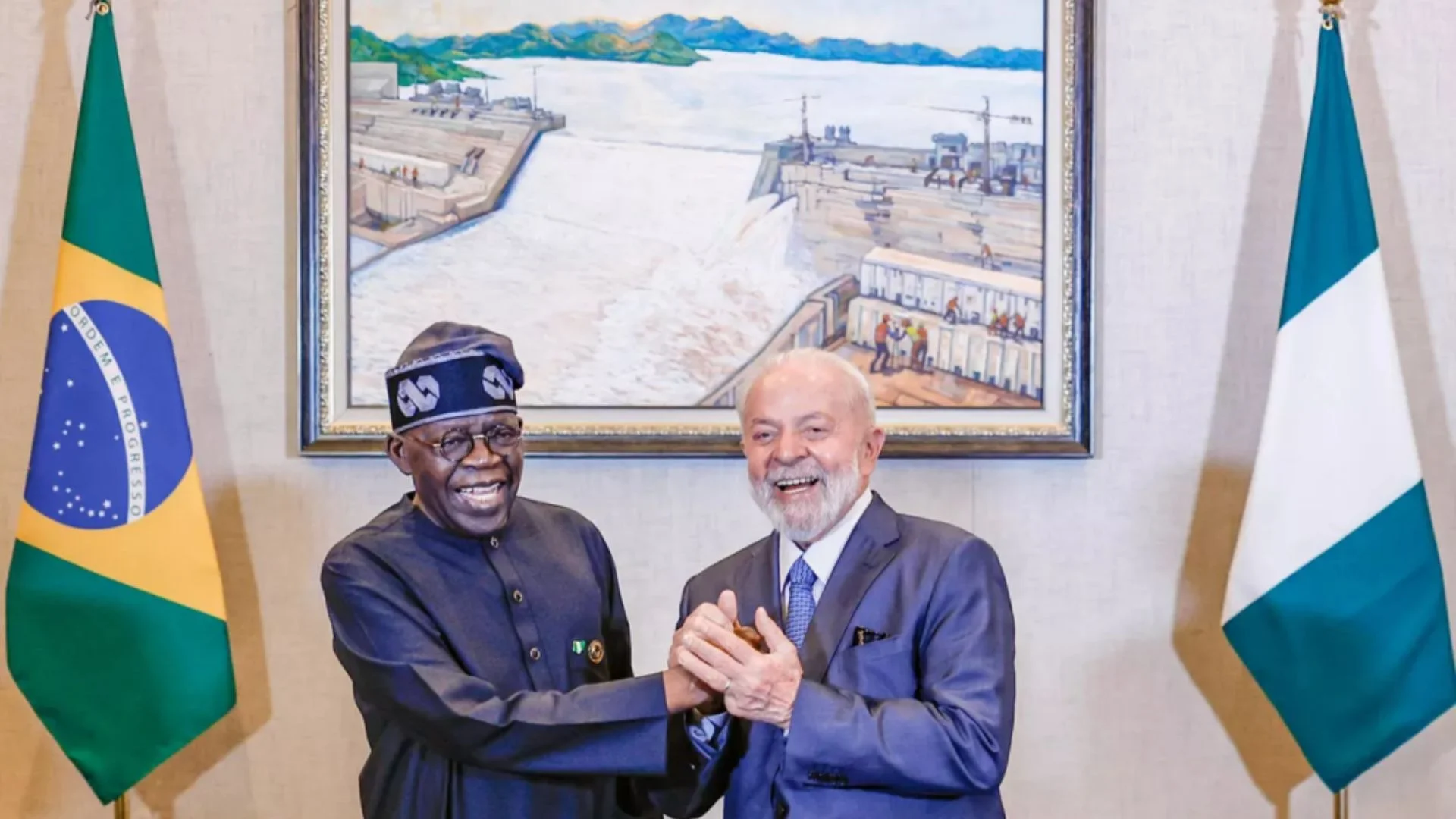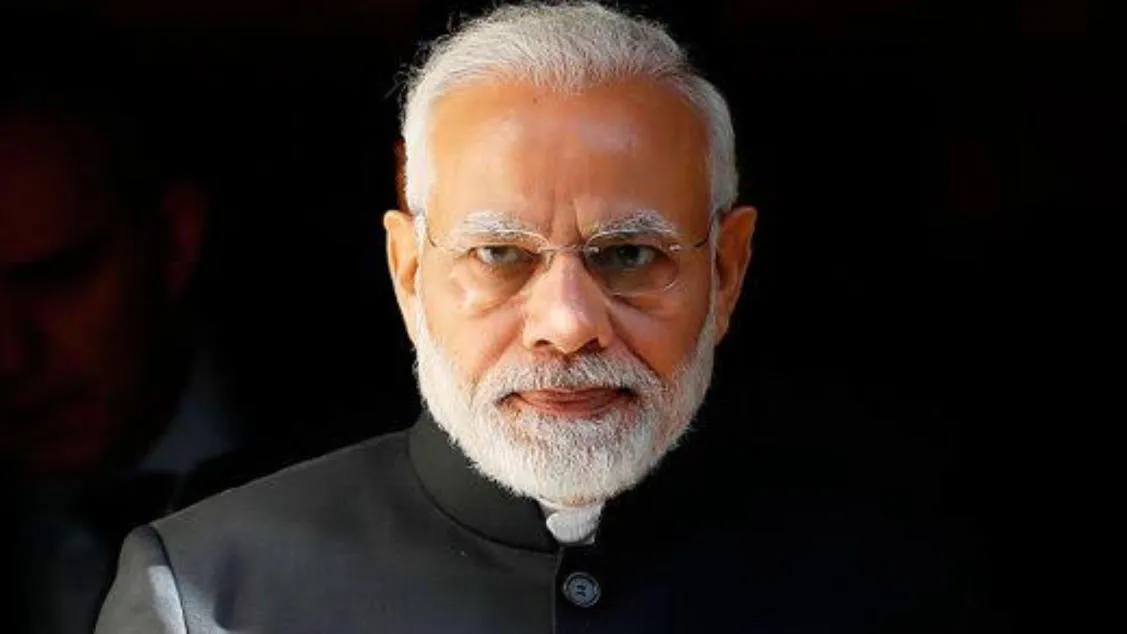Nigeria and Brazil have entered into a historic $1 billion agreement to reform major sectors in Nigeria such as agriculture, food security, energy, and defence. This was announced on Tuesday by Nigerian Vice President Kashim Shettima during the visit of Brazilian Vice President Geraldo Alckmin to Abuja.
Shettima stated the collaboration would facilitate the deployment of more than $1 billion to offer mechanized farm equipment, create training programs, and build agricultural service centers across the nation. The objective is to transition Nigeria’s agricultural sector from subsistence farming to large-scale, modern production.
“Subsistence farming remains a large part of Nigeria’s agriculture, and family and individual land ownership has kept the scope for massive investment limited,” Shettima said. “This deal is an important step towards the modernisation of our agricultural system.”
The agreement also provides incentives to bring in energy investments, especially in gas production, refining, and renewable energy ventures. Shettima noted that the nation is now taking long-delayed measures to transform its energy sector and invite foreign players.
He further explained that reforms currently underway, which were started by President Bola Tinubu, have already started transforming Nigeria’s economy. The Tinubu government is planning for a $1 trillion economy by 2030 through strategic reforms in agriculture, energy, education, and public finance.
The Nigerian government has also instructed banks to recapitalize in an effort to attract foreign investors and consolidate financial institutions, adding further support to the country’s long-term economic objectives.
The visit by Vice President Alckmin reflects increasing collaboration between Brazil and Nigeria, Africa’s most populous country. The two nations were upbeat that the agreement will not only enhance Nigeria’s local capacity in key industries but also open the door for more intense bilateral relations.























